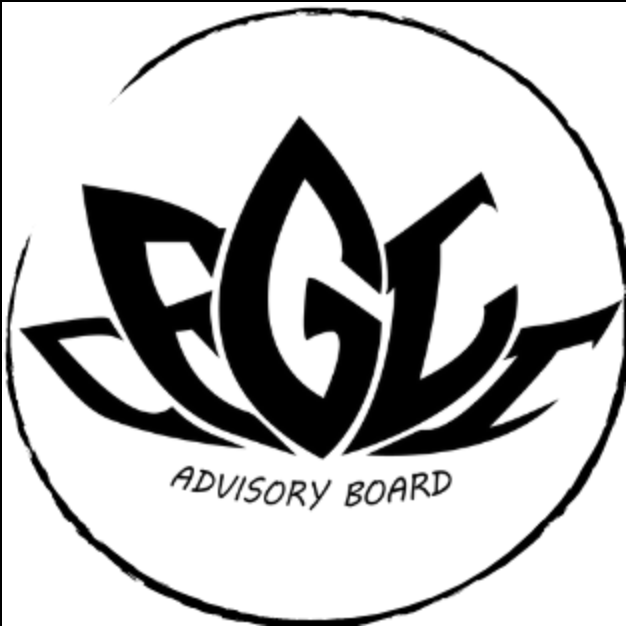
The Wesleyan Student Assembly (WSA) passed Amendment 1.44 with a unanimous vote of 25 in favor, 0 against, and 0 abstaining on Sunday, Sept. 25. This amendment states that the First-Generation, Low-Income Advisory Board (FGLIAB) will now become an auxiliary committee of the WSA. Whereas the previous advisory board was run as an independent student group that was regularly funded by the WSA, the new designation as an auxiliary committee opens opportunities for increased communication with the University administration and other committees to support the needs of FGLI students. This change aims to create a more systemized resource for First-Generation, Low-Income (FGLI) students.
“The First-Generation, Low-Income Advisory Board will remain as an advisory board as we were,” FGLIAB Director Andrea Coronel-Lopez ’24 said. “We will continue to be an advocacy group for FGLI Students as we formally become an auxiliary committee.”
The primary concerns raised about the FGLIAB during the WSA General Assembly meeting mostly revolved around grammatical and logistical changes to the group’s relationship with the WSA, resulting in revisions to the amendment’s language.
The FGLIAB, though a relatively new group, has made significant waves in the University’s recent history. Gaining immense traction during the COVID-19 pandemic, the FGLIAB placed a large focus on alleviating students’ financial burdens and providing mentorship opportunities during times of hardship. The board successfully provided stipends during the height of the pandemic for groceries, transportation, and printing reimbursements through their fundraising and by carefully reviewing applications for funding. In addition, the FGLIAB established Cardinal Connections, now called First Cardinals, to provide a mentorship program for FGLI underclassmen and aid in networking.
“When the pandemic hit, we didn’t know where we were standing,” Coronel-Lopez said. “At that time, Wesleyan wasn’t prepared and could only offer a partial refund to students. We raised $300,000…but there was still the question of whether the board would exist only in the time of need.”
According to Coronel-Lopez, the transition to a WSA committee will further establish the board’s validity and draw attention to the importance of additional resources for FGLI students on campus.
WSA Equity and Inclusion (EIC) Committee Chair Heather Cassell ’24 emphasized the impact of the pandemic on FGLI students and the board.
“The board was born out of chaos,” Cassell said. “The way pandemics go, they exacerbate current conditions, and then things are able to be acted upon in a way they hadn’t before.”
Cassell noted that there are significant differences between the EIC and the FGLIAB, both of which she has experience with. While the EIC ensures marginalized groups have a voice in University and WSA issues, it encompasses all underrepresented students—including those with disabilities, students of color, and undocumented students—and does not specifically focus on the needs of FGLI students. Now, as an auxiliary committee on the WSA, the FGLIAB has an even greater reach to support FGLI students.
“The EIC has to focus on the larger student body,” Cassell said. “The FGLI Auxiliary Committee can work more closely on FGLI-centered projects than the EIC can.”
In addition to having the ability to advocate for FGLI students on a larger scale, the transition to a WSA auxiliary committee from a student group grants the board the autonomy to establish its own institutionalized norms, structures, and traditions. According to Cassell and Coronel-Lopez, there must be written documentation of the responsibilities of future EIC chairs and FGLIAB directors, who may not always be as close as them.
Ensuring that all students have their basic needs met, especially those in marginalized groups, is essential for the well-being of the campus community, and the new auxiliary committee of the FGLIAB hopes to take more steps in that direction.
Correction: An earlier version of this article noted the Heather Cassell was a member of the FGLIAB, Cassell did collaborate with the board but was not a member. This article has also been updated to note that the Cardinal Connections program has been renamed First Cardinals.
Carolyn Neugarten can be reached at cneugarten@wesleyan.edu



Leave a Reply